Watching an average of 52 minutes of drama per day, Chinese viewers are the largest consumers of television drama (dianshiju 电视剧) in the world. Since the early 1990s, different genres of television drama have emerged in China. There are also countless subgenres, varying from ‘teen drama’ or ‘nostalgic family drama’ to ‘palace drama’ (Schneider 2012, 146; Koetse, forthcoming). Many of China’s dramas become trending topics on Wechat or Weibo every day; netizens discuss latest episodes, or express their discontent with how the series is evolving.
Different from television series or soap operas in many other countries, Chinese television dramas always end after a fixed amount of episodes, usually somewhere from 20 to 35 episodes. In doing so, it resembles the limited-run telenovela, a type of serial drama that is particularly popular in Latin America (Schneider 2012, 9).
After an earlier version of a What’s on Weibo overview of China’s most popular TV dramas, it is high time for an overview of the most watched and most discussed TV dramas of Mainland China in the summer of 2015, according to the Baidu charts.
1.“The Journey of Flower” 花千骨 (Hua Qian Gu)
Costume Drama, 2015, Hunan TV.
The Journey of Flower is the number one TV hit of this moment, a love story evolving around Bai Zi Hua (played by Huo Jianhua) and Hua Qian Gu (actress Zhao Liying). The drama is based on the popular fantasy wuxia novel (仙侠奇缘之花千骨) by Fresh Guo Guo. When the three-minute short trailer was released online, it received more than 280 million views on Sina Weibo and became one of the hottest topics on China’s social media. The show is broadcasted from June 9, 2015 until August 31, 2015.
The Journey of Flower tells the story of the heroine Hu Qian Gu, a girl born under exceptional circumstances with a special scent and magical powers. Hu Qian Gu grows up in the outskirts of a village with just her sick father. At only 16, she becomes an orphan and is taken on by Bai Zihua, an immortal in charge of a magical realm, as his only disciple. Hu Qian Qu falls in love with her master, but doesn’t reveal her true feelings. The story revolves around their evolving love and the challenges Hu Qian Gu faces in fighting off her demons. To read recaps of every episode, you can follow this blog.
2. “Diamond Lover” 克拉恋人 (Kela Lianren)
Urban Romance, 2015, Zhejiang TV.
Diamond Lover tells the story of Mi Duo, an ambitious young woman who falls in love with diamond factory director Xiao Liang. Because Mi Duo and Xiao Liang are worlds apart, she does not want to confess her love to him. But her life changes drastically after a car accident. Mi Duo loses weight and has to go through surgery, making her more beautiful than before. She is recruited to work for the diamond factory as a designer, and as she finds her place in the workplace, she also finds love and has to make important decisions between inner and outer beauty, love and career, friends and lovers.
3. “The Lost Tomb” 盗墓笔记(Dao Mu Bi Ji)
Action Drama, 2015, iQIYI.
The Lost Tomb is an action and adventure drama, revolving around Wu Xie (played by Li Yifeng), who comes from a family of archeologists. When his parents are killed by tomb robbers while protecting national heritage, the young Wu Xie is send abroad for his own safety. But unavoidably, the young Wu gets interested in historical relics. By chance, he obtains records that contain the secrets of an old tomb, also revealing information relating to his family. With the help of his family’s notes and a team of helpers, Wu Xie sets out on a journey to find lost treasures and the people who killed his family.
4. “Best Get Going” 加油吧实习生 (Jiayou Ba Shixisheng)
Urban Drama, 2015, Jiangsu TV.
Best Get Going contains all elements of a contemporary urban drama: a group of post-90s generation friends is about to graduate from college, and they are all entering the job market by getting an internship. They suffer from their parent’s pressure, and struggle to make their own choices for their life, career and happiness.
5. “Tornado Girl” 旋风少女 (Xuan Feng Shao Nv)
Youth Inspirational Drama, 2015, Hunan TV.
6. “Hua Xu Yin ” 华胥引(Hua Xu Yin)
Fantasy Drama, 2015, Jiangxi TV
The Hua Yu Xin drama is a popular fantasy drama that revolves around various Chinese myths. Ye Zhen (actress Lin Yuan) is the princess of the State of Wei (1040-209 BC), who unknowingly falls in love with Mo Yan, who turns out to be a price of the enemy kingdom. But she remains true to her love, and even dies for him. Afterwards, she is resurrected through the magic power of the pearl and then becomes a dreamweaver, creating dreams for people with her Hua Xu tune.
7. “My Baby” 我的宝贝(Wo De Bao Bei)
Urban Love Drama, 2015, Jiangsu TV.
This drama has become especially popular because it is about a couple where the wife is very strong, whereas the husband is somewhat weak. The wife Liu Ruonan gets pregnant by accident, and when she gives birth to a baby girl, husband Yuan Xiaofan becomes a full-time stay-at-home dad. Ultimately, My Baby is a story about love, conveying that marriage needs commitment, and that it takes two people to make a relationship work.
8. “The Monster Killer” 无心法师(Wu Xin Fa Shi)
Fantasy Drama, 2015, SOHU.
This drama is set during the Qing dynasty (around 1862-1874), and revolves around the immortal man Wu Xin, who is doomed to eternal poverty. He does not know where he comes from or where he will go, or whether he is human or a demon. He retires to the mountains with his lover, but by the Republican era, his beloved has died, and Wu Xin is so poor that he leaves his mountain and pretends to be a monster-hunting monk in order to survive (source). This show especially popular because it is full of fantasy and mystery.
9. “The Icy And Fiery Youth” 冰与火的青春(Bin Yu Huo De Qing Chun)
Youth Inspirational Drama, 2015, Hunan TV.
Similar to Best Get Going, this drama tells the story of a group of post 1980s generation friends, following them from campus to society. By overcoming many difficulties and frustrations, they become stronger and more mature. Finally they learn how to cherish what they have, and appreciate the happiness in their lives.
10. “Destined to love you” 偏偏喜欢你(Pian Pian Xi Huan Ni)
Inspirational Drama, 2015, Hunan TV.
This show is especially popular because it embody chinese national spirit.
This somewhat nationalistic drama tells the story of a girl called Qian Baobao, who becomes the teacher at a military academy by mistake. She gets involved in confusing situations in terms of love and her own identity. Eventually, she learns to conquer these difficulties and defeat her enemies.
By Manya Koetse
Follow @WhatsOnWeibo
References
– Koetse, Manya [forthcoming]. “From Woman Warrior to Good Wife – Confucian Influences on the Portrayal of Women in China’s Television Drama.” In Stefania Travagnin (ed), Religion and Media in China. New York: Routledge.
– Schneider, Florian. 2012. Visual Political Communication in Popular Chinese Television Series. Leiden and Boston: Koninklijke Brill NV.
 About the Author: Manya Koetse is the editor of What’s on Weibo. She’s a Sinologist who splits her time between the Netherlands and China. She earned her bachelor’s degrees in Literary Studies, Japanese & China Studies and completed her MPhil in Asian Studies. Contact: manya@whatsonweibo.com, or follow on Twitter.
About the Author: Manya Koetse is the editor of What’s on Weibo. She’s a Sinologist who splits her time between the Netherlands and China. She earned her bachelor’s degrees in Literary Studies, Japanese & China Studies and completed her MPhil in Asian Studies. Contact: manya@whatsonweibo.com, or follow on Twitter.©2015 Whatsonweibo. All rights reserved. Do not reproduce our content without permission – you can contact us at info@whatsonweibo.com.
The post Overview of China’s 2015 Top TV Dramas appeared first on What's on Weibo.









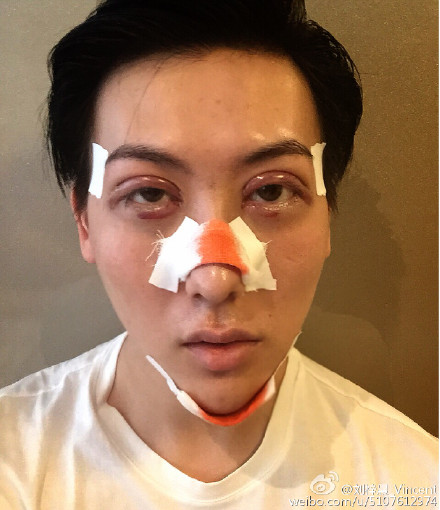









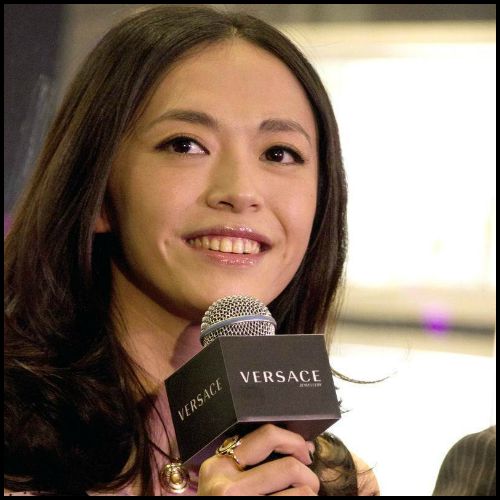
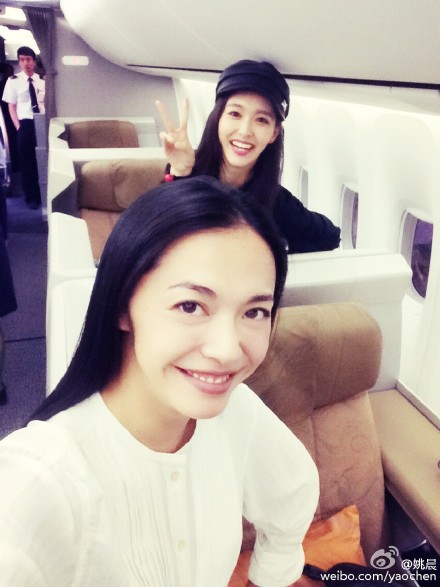





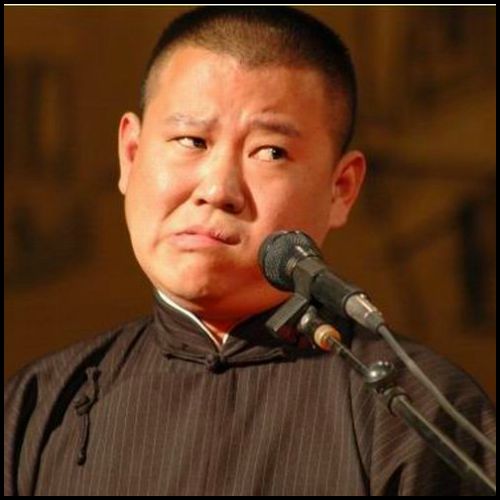

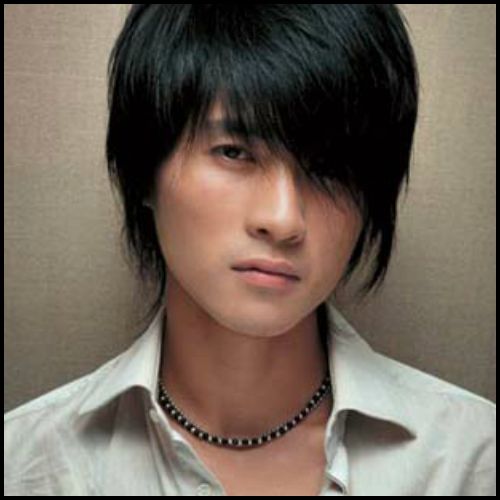













 The ‘grass mud horse’ (aka the ‘f*ck you horse’) and Ai Weiwei.
The ‘grass mud horse’ (aka the ‘f*ck you horse’) and Ai Weiwei.




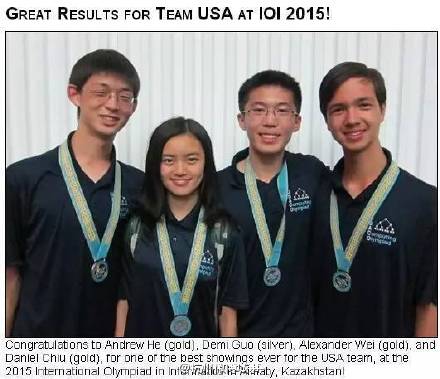













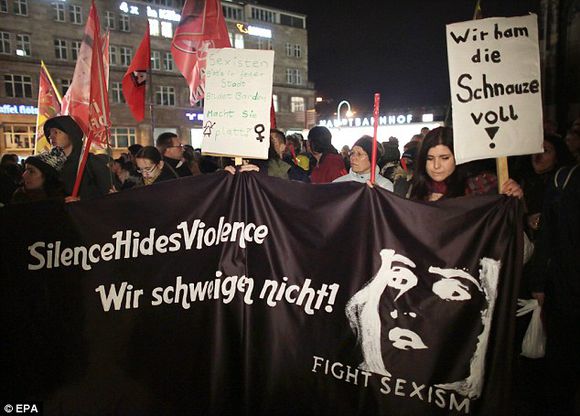
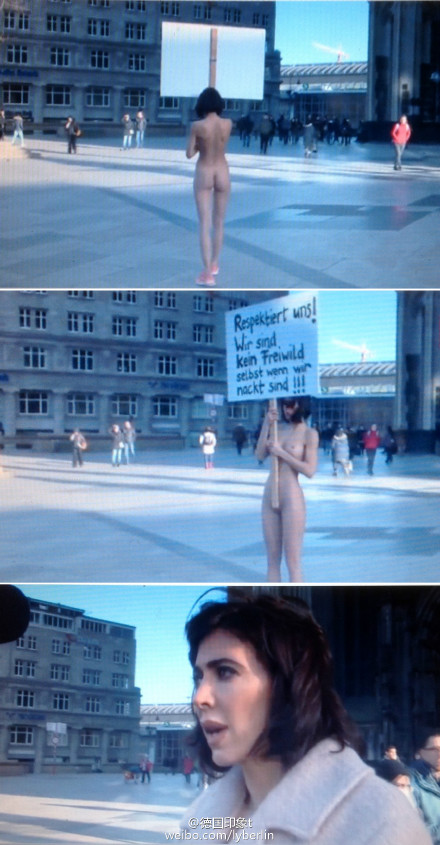
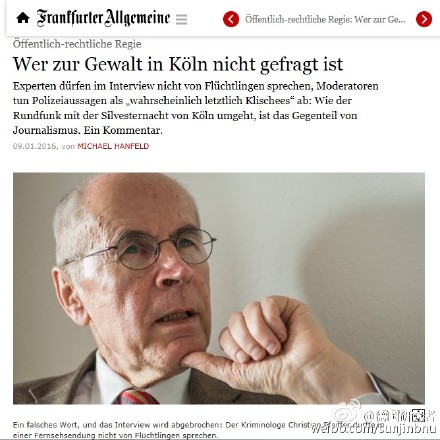
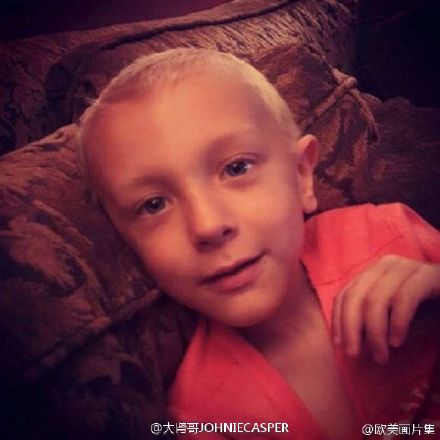

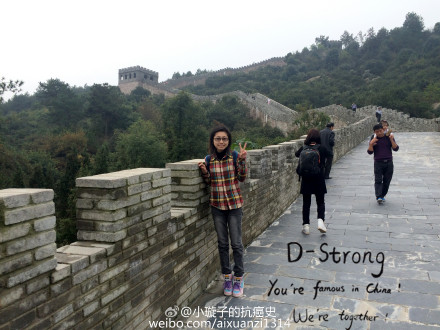
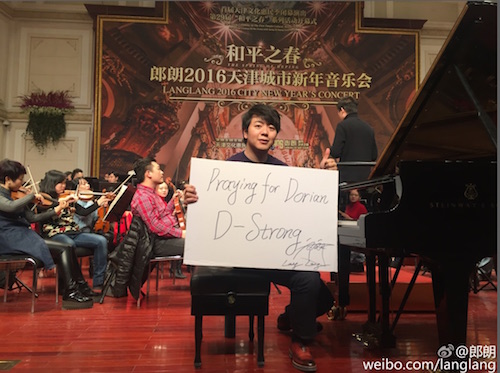
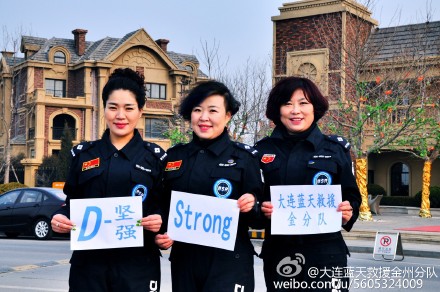
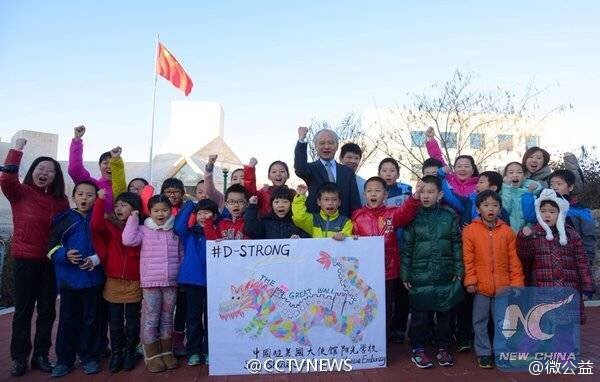
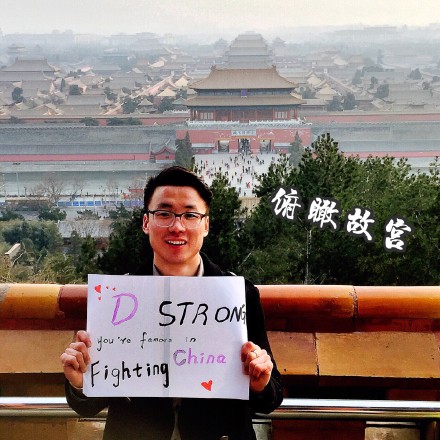
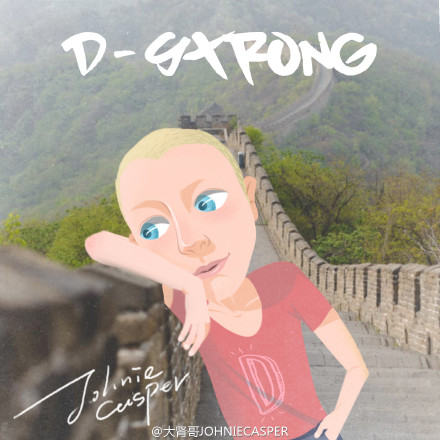
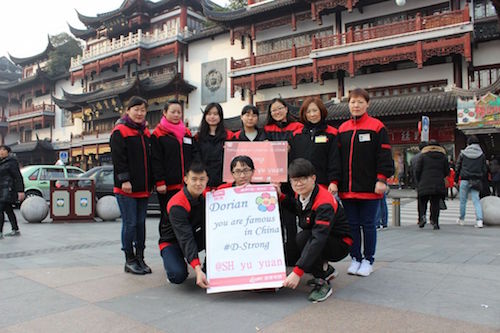






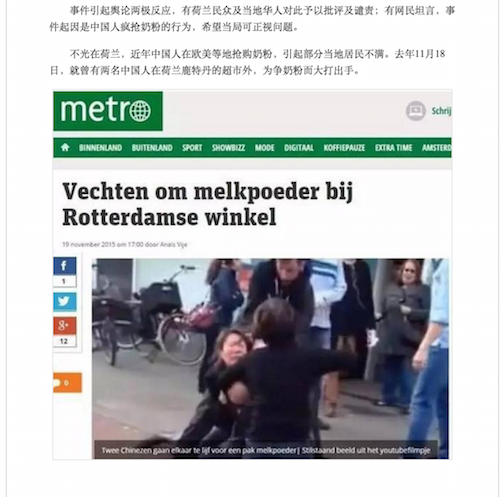
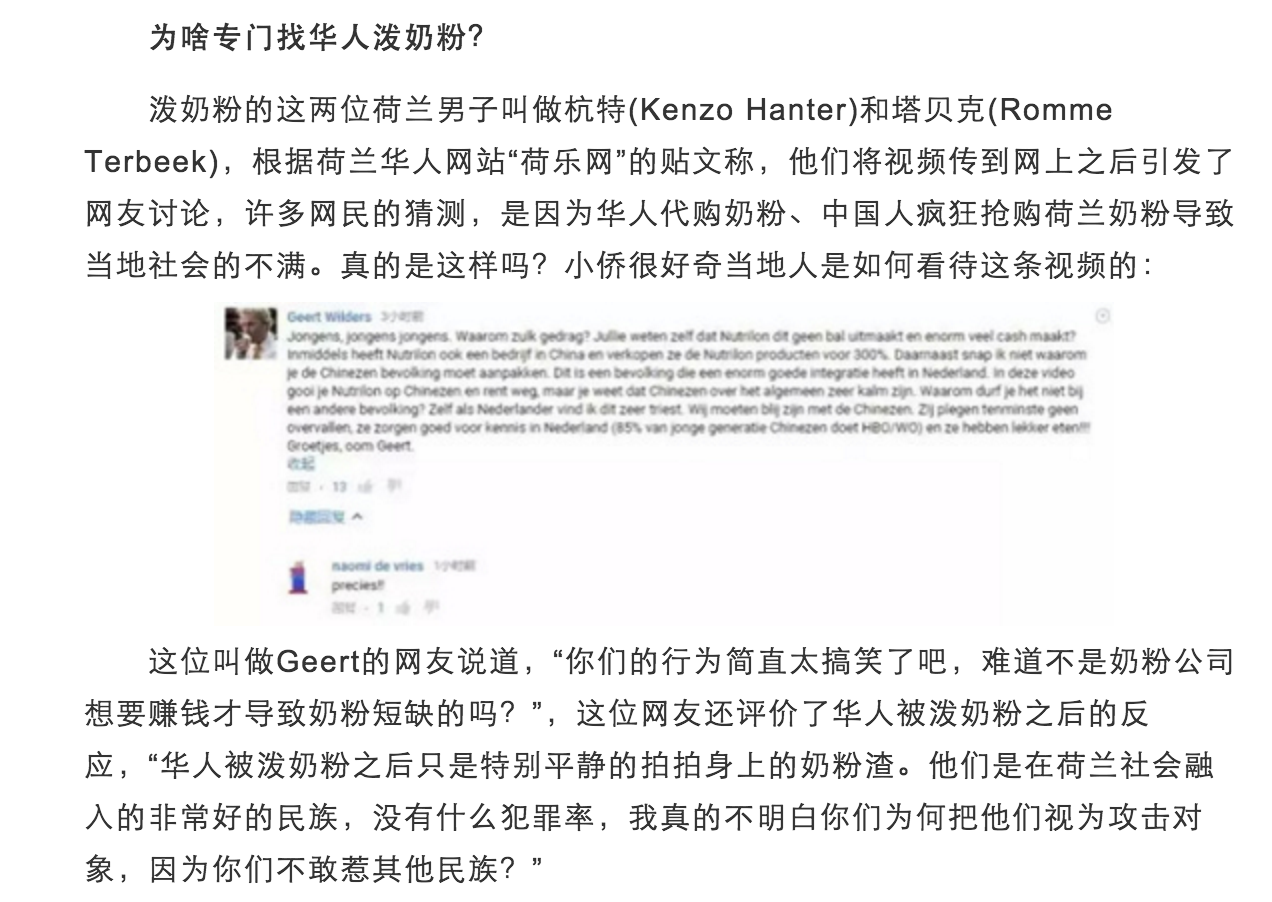

 Mahalakshmi Ganapathy is a Shanghai-based Sinologist-to-be, pursuing her graduate degree in Chinese Politics at East China Normal University. Her interests include Sino-India comparative studies and Chinese political philosophy.
Mahalakshmi Ganapathy is a Shanghai-based Sinologist-to-be, pursuing her graduate degree in Chinese Politics at East China Normal University. Her interests include Sino-India comparative studies and Chinese political philosophy.

